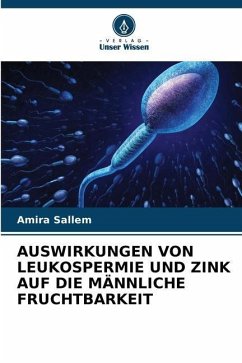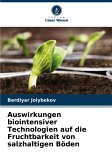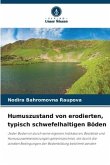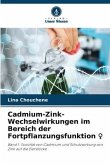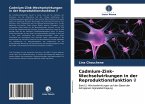We sought to investigate the effects of leucocytes and in vitro zinc therapy (2 and 6 mmol/l) on semen quality and seminal oxidative stress through a prospective study performed on 94 semen samples from patients attending the Laboratory of Cytogenetic and Reproductive Biology, Fattouma Bourguiba University Hospital (Monastir, Tunisia).The nitro blue tetrazolium test was carried out for superoxide anion estimation, the TUNEL (Terminal deoxynucleotidyl transferase mediated dUTP Nick End Labeling) assay for DNA fragmentation and the acridine orange assay for DNA denaturation. Total antioxidant status and enzymatic antioxidants: superoxide dismutase and glutathione peroxidase were measured using an assay kit. Lipidperoxidation wurde durch die Malondialdehyd-Produktion mit der Thiobarbitursäure-Methode bewertet. Unsere Studie hat gezeigt, dass selbst eine geringe Anzahl von Leukozyten zu einer Beeinträchtigung der Spermienqualität führen kann, während Zink die Spermienqualität verbessern kann. Für die Behandlung von Leukozytospermie wird Zink in Verbindung mit Antibiotika empfohlen. Zink scheint die Ergebnisse der assistierten Reproduktionstechniken zu verbessern, wenn es dem Embryo-Kulturmedium hinzugefügt wird.
Bitte wählen Sie Ihr Anliegen aus.
Rechnungen
Retourenschein anfordern
Bestellstatus
Storno

